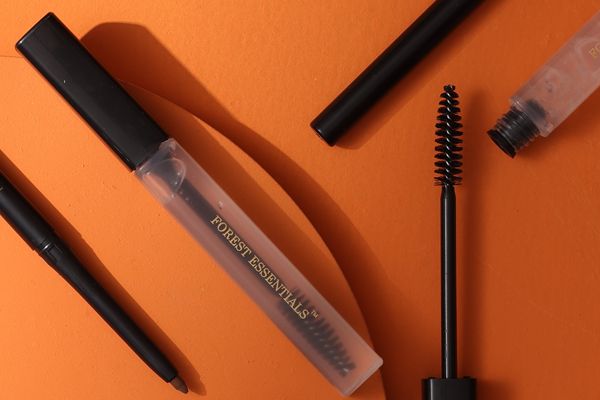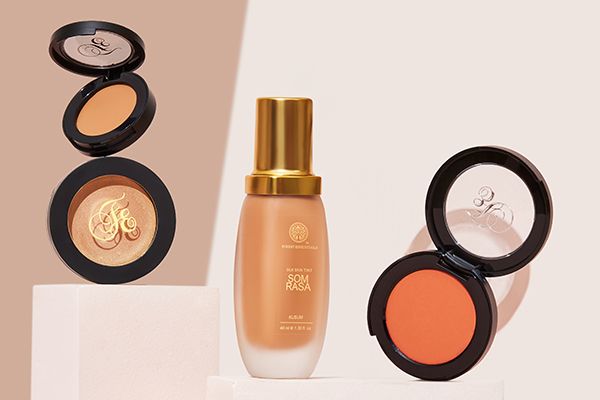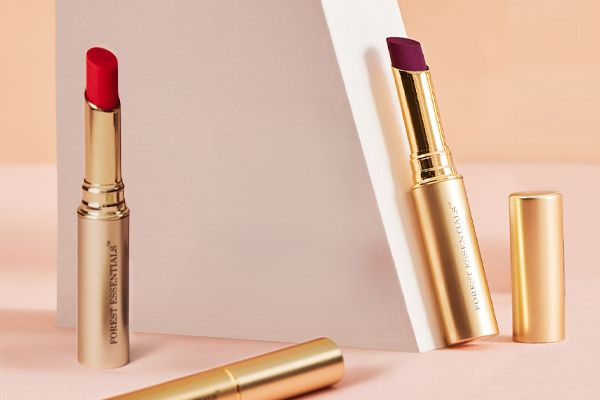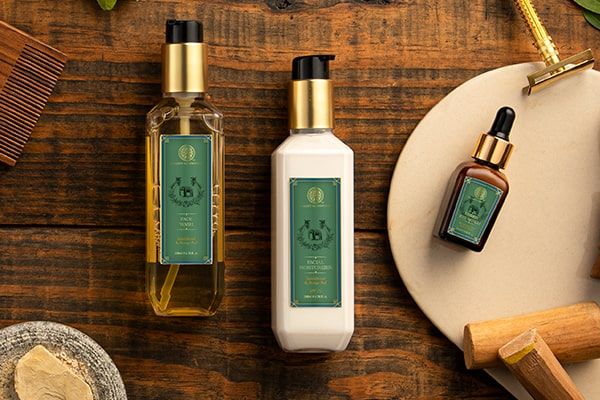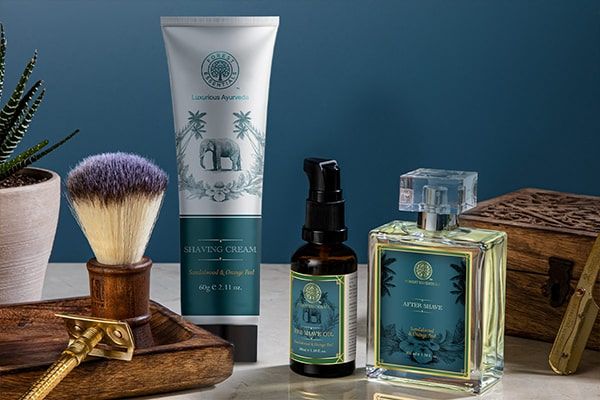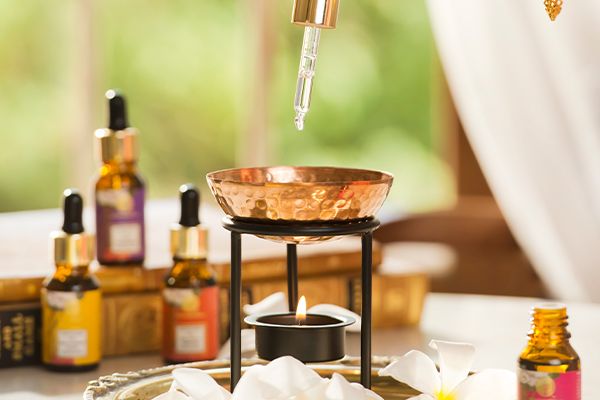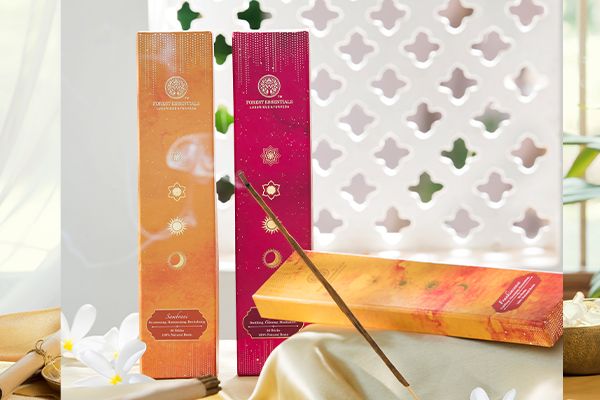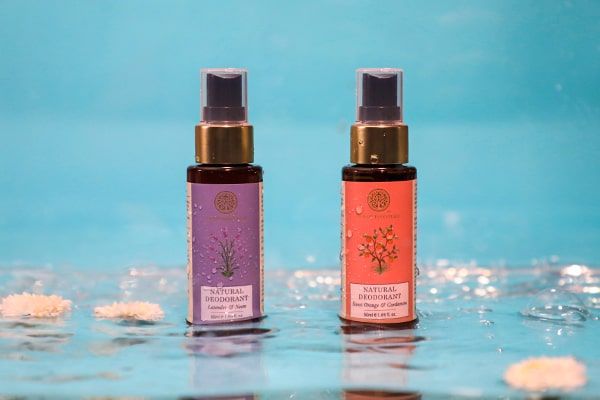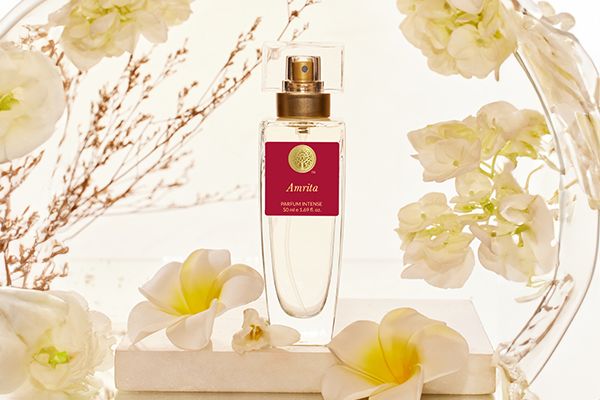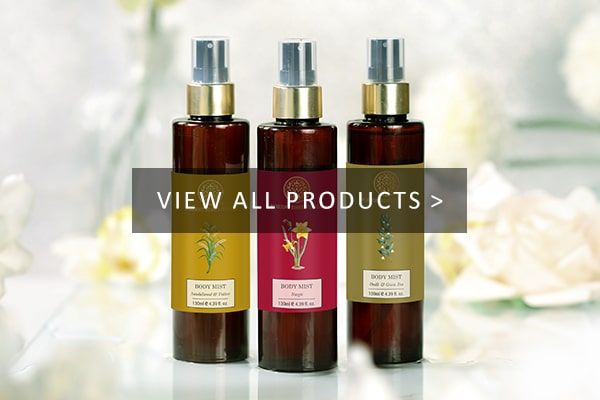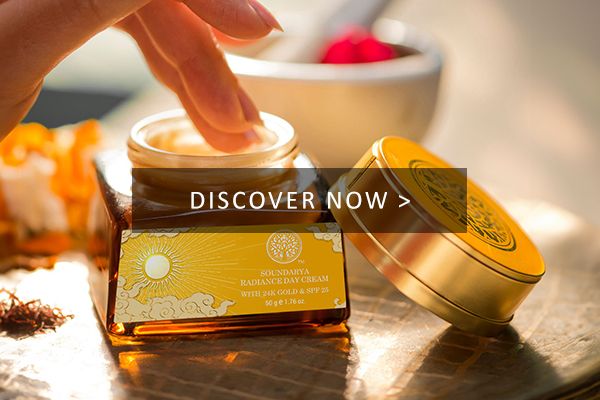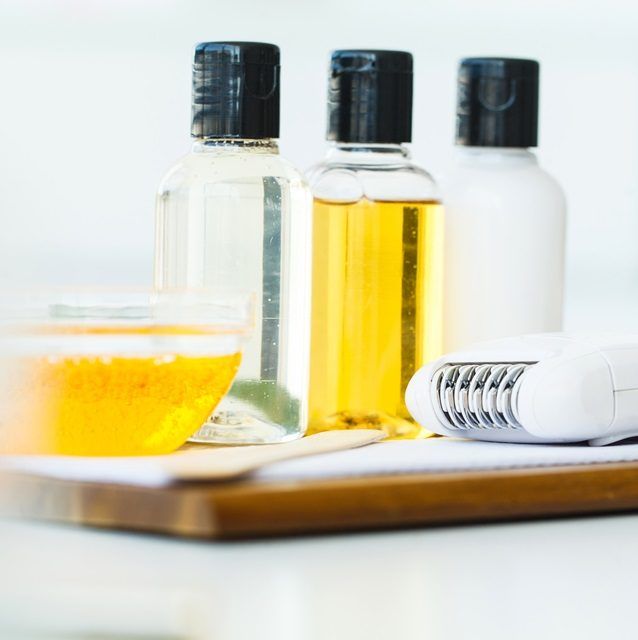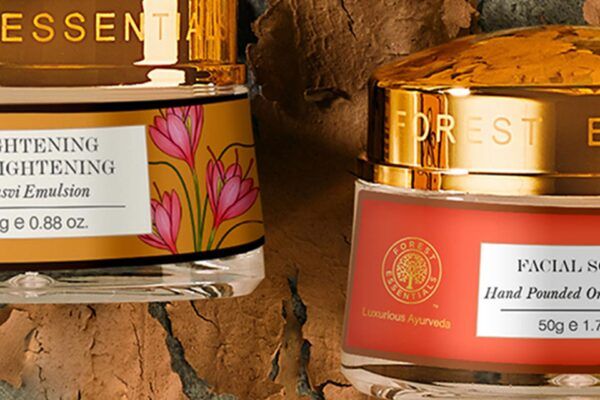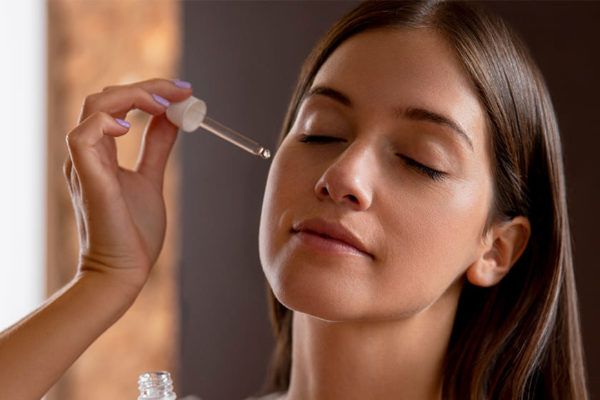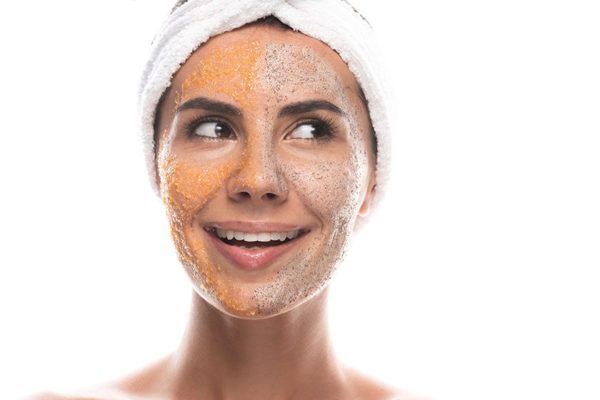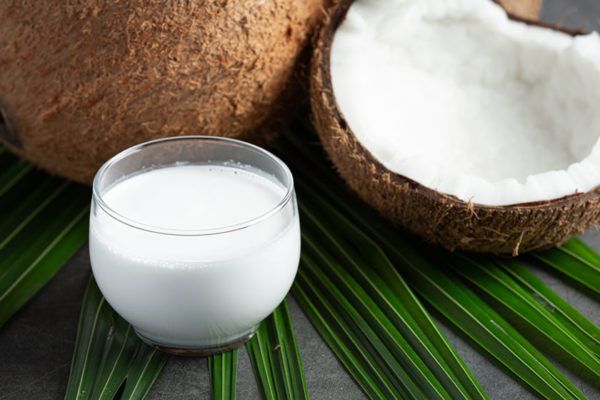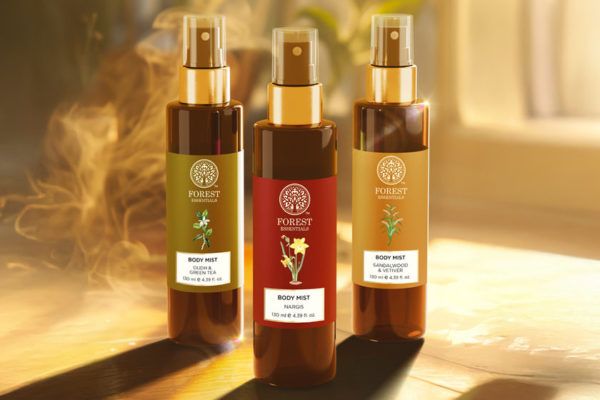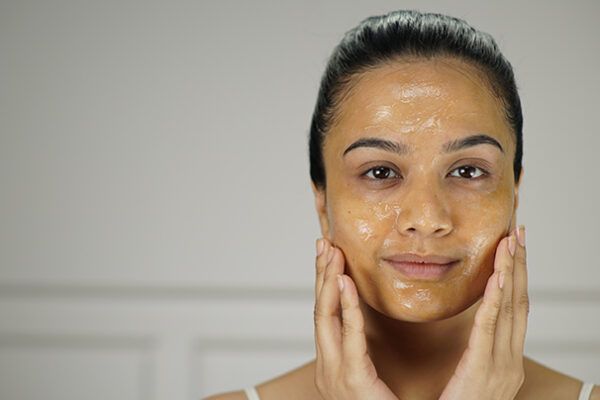Squalane has gained popularity in skincare for its ability to hydrate and protect the skin. Lightweight and non-greasy, squalane oil is suitable for a variety of skin types. But what exactly is squalane, and how does it benefit your skin? Keep reading to explore the unique properties of this ingredient and how it can elevate your skincare routine.
What Is Squalane?
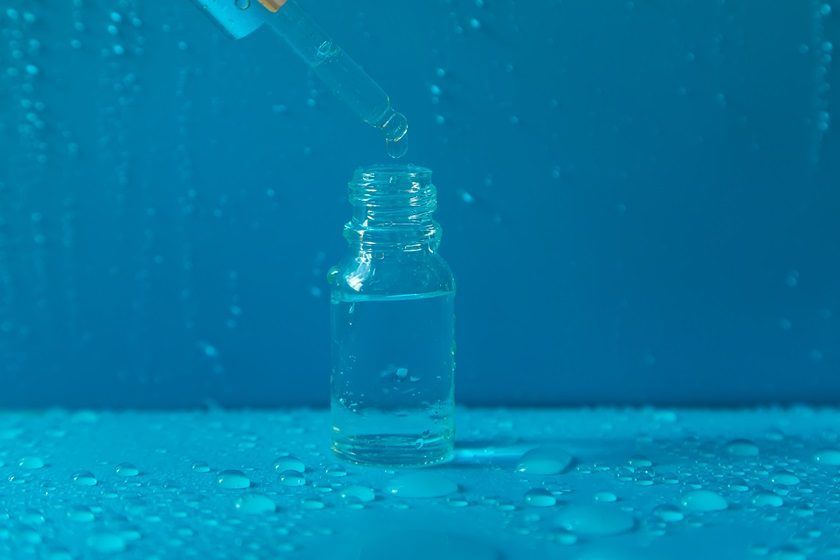
Squalane is a hydrogenated and more stable form of squalene, a naturally occurring lipid found in human sebum. Squalene plays a crucial role in maintaining the skin’s moisture levels and overall health by helping to keep the skin’s barrier function intact. This lipid is essential for keeping the skin hydrated, soft, and protected from environmental damage. However, as we age, the body’s production of squalene significantly decreases, leading to drier skin and a compromised barrier that is more susceptible to irritation and damage.
To combat this decline, squalane is often used as a topical skincare ingredient. Squalane is typically derived from plant-based sources such as olives, sugarcane, or rice bran, making it a sustainable and eco-friendly option. The hydrogenation process converts squalene into squalane, transforming it into a more stable compound that is less prone to oxidation. This stability ensures that squalane retains its beneficial properties longer, providing consistent and reliable moisturising effects without the risk of degradation over time.
Because squalene is prone to oxidation, which can lead to skin irritation and the breakdown of the lipid, squalane is a preferred alternative in skincare formulations. Squalane mimics the skin’s natural oils, making it an effective replacement for the sebum that our skin produces. It absorbs quickly without leaving a greasy residue, making it suitable for all skin types, including sensitive and acne-prone skin. Squalane’s stability and compatibility with the skin’s natural processes have made it a popular choice in modern skincare products, offering moisturisation and protection while reducing the risk of irritation.
Squalane for Skin: Key Benefits

Squalane benefits your skin in numerous ways. Below are some of the key advantages that make squalane a must-have in your skincare routine.
1. Hydration Without Greasiness
Squalane oil offers excellent hydration, mimicking the skin’s natural oils for smooth absorption. This makes it ideal for all skin types, especially for those with oily or combination skin. It moisturises effectively without leaving a heavy or greasy feel, resulting in soft, nourished skin.
2. Anti-Ageing Properties
Squalane benefits the skin by improving skin elasticity and firmness. It also contains antioxidants that fight free radicals, which contribute to the signs of ageing. Regular use of squalane oil can help reduce the appearance of fine lines and wrinkles.
3. Soothing for Sensitive Skin
Squalane is gentle and calming, making it suitable for sensitive or irritated skin. It can help soothe conditions like eczema, rosacea, and acne without causing further irritation. Squalane oil for face is also non-comedogenic, meaning it won’t clog pores or cause breakouts.
4. Balances Oil Production
One of the more unique squalane benefits is its ability to balance oil production. It helps regulate excess sebum, making it an effective option for those prone to breakouts or oily skin.
The Ayurveda Perspective

In Ayurveda, skincare focuses on balancing the body’s internal and external elements. According to this tradition, healthy skin reflects overall well-being, and maintaining moisture is essential for optimal skin function.
Moisture, or snigdha, is considered vital in Ayurveda for keeping the skin soft, supple, and resilient. The practice of using natural oils to nourish the skin dates back centuries, with specific oils chosen based on their ability to balance the doshas and enhance the skin’s natural defences. Squalane, a plant-derived oil, aligns seamlessly with these Ayurvedic principles. Derived from natural sources such as olives, sugarcane, or rice bran, squalane embodies the Ayurvedic concept of harnessing nature’s resources to support and enhance the body’s natural functions.
Much like the traditional oils used in Ayurveda, squalane is prized for its ability to provide deep hydration and protection without disrupting the skin’s natural state. It helps maintain the skin’s moisture balance, which is essential for preventing dryness and irritation—a key concern in Ayurvedic skincare. By replenishing lost hydration, squalane supports the skin’s natural barrier, ensuring that it remains strong and resilient against external stressors.
How to Use Squalane Oil in Your Skincare Routine
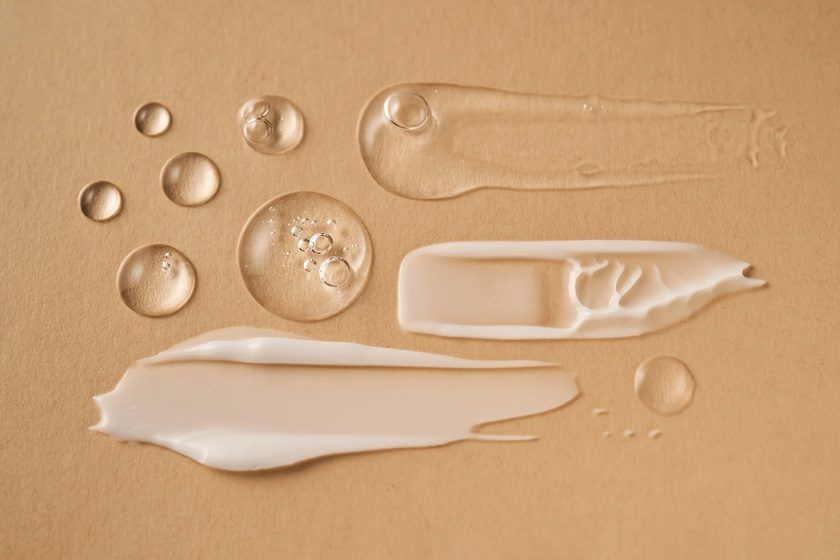
Incorporating squalane for skin into your daily routine is simple:
- As a Moisturiser: After cleansing, apply a few drops of squalane oil directly to your face. Massage gently to help it absorb.
- Mix With Moisturiser: Combine squalane oil with your regular moisturiser to enhance its hydrating properties.
- Before Makeup: Use squalane oil as a primer for smooth application and a natural glow.
- Night Treatment: Apply squalane oil as the last step in your evening routine to lock in moisture overnight.
Conclusion
Squalane is a versatile ingredient that hydrates, protects, and balances the skin. Its stability and compatibility with a variety of skin types make it an excellent addition to any skincare routine. With its roots in natural plant sources and alignment with Ayurvedic principles, squalane offers a simple, effective way to support your skin’s health.
FAQs
What is squalane?
Squalane is a stabilised form of squalene, a natural lipid found in the skin, commonly derived from plants like olives and sugarcane. It’s used in skincare for its hydrating and protective properties.
What does squalane do for skin?
Squalane deeply hydrates, supports the skin’s barrier, and helps maintain moisture levels. It absorbs quickly, leaving the skin soft, smooth, and non-greasy.
Is squalane better than hyaluronic acid?
Squalane and hyaluronic acid serve different purposes. Squalane is an oil that moisturises and protects the skin, while hyaluronic acid is a humectant that attracts moisture. Both can be used together for optimal hydration.
What is squalane made of?
Squalane is made from hydrogenated squalene, which is typically sourced from plants like olives, sugarcane, or rice bran.
Is it ok to use squalane every day?
Yes, squalane is safe and gentle enough for daily use. It suits all skin types and helps maintain consistent hydration.
Can squalane remove dark spots?
While squalane is excellent for hydration and skin barrier support, it is not specifically designed to remove dark spots. However, it can improve overall skin texture, which may help in the long term.
References
https://www.cerave.com/skin-smarts/skincare-tips-advice/benefits-for-skin
https://www.kiehls.com/skincare-advice/benefits.html?srsltid=AfmBOoozquudSFFGYWJSEU0uZnmo3bkefrOkI5Rt8SPZk4LEiscongEa
https://www.healthline.com/health
https://www.vogue.co.uk/beauty/gallery/-hydrating-skincare





